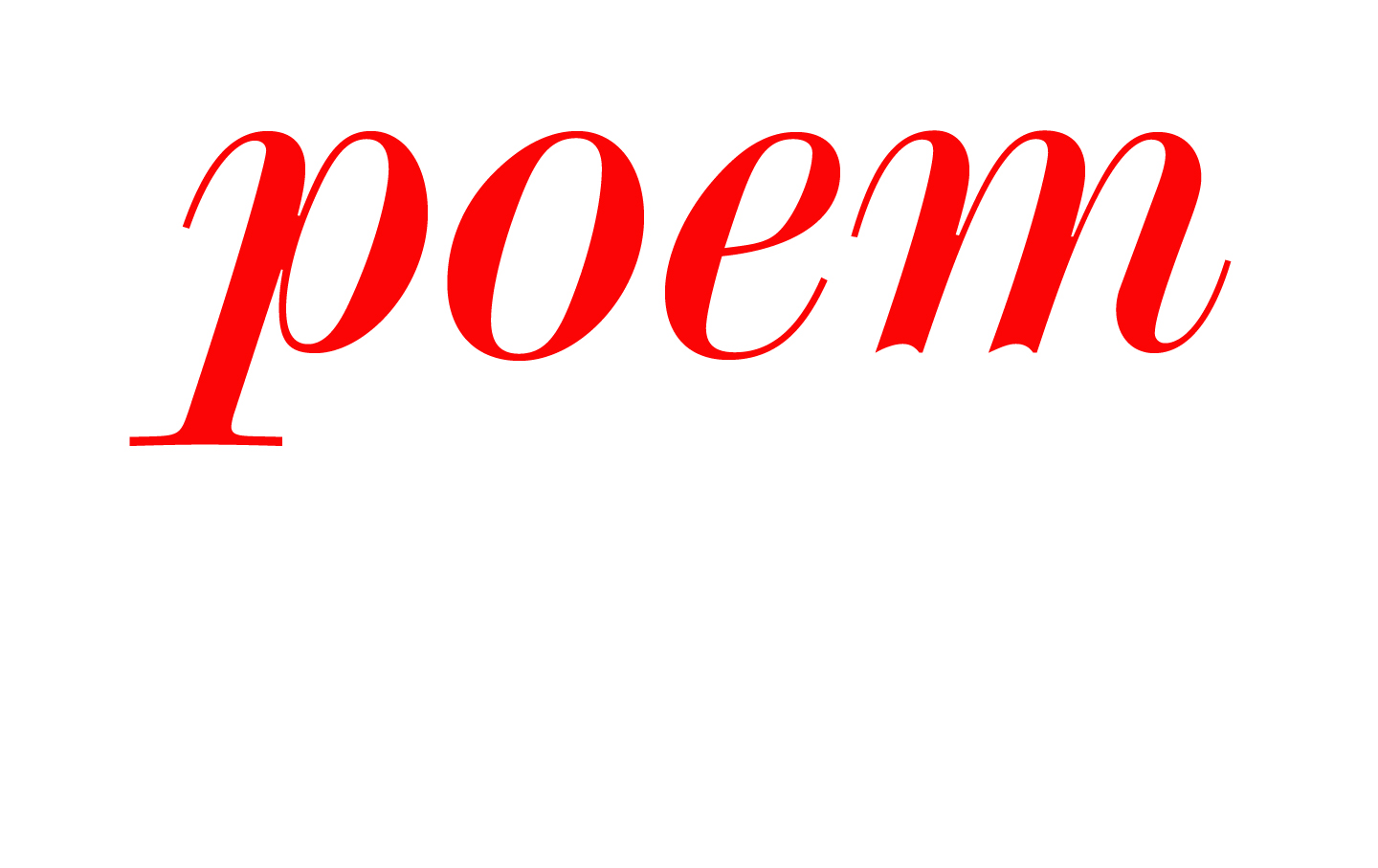
Extinction Extinction
When you are gone they will read your footprints, if they still read, as they might a poem about love— wandering in circles, here and there obscured, washed out in places by weathe…
Oct 11, 2018 / Books & the Arts / David Baker
The Osprey The Osprey
or sea-eagle, what the guidebook says is white, grayish brown, and “possessed of weak eye- masks” in its non-migratory island instance, is blue. Blue, riding thermal bands so low over the water it picks up the water’s color, reticulate tarsi tipping the light crests; and picks up one of the silver fish cutting the surface there, so the fish is blue, too, flapping-gone- slack in the grasp of its claws—as only the owl shares an outer reversible toe-talon, turned out for such clutching; as the water, in turn, picks up the sky- depth reflective blue sent down from ages beyond, into which the osprey lifts now without a least turning of wing-chord though “they are able to bend the joint in their wing to shield their eyes from the light”; what I mean is, by the time I tell you this it’s gone: fish-and-bird, this “bone-breaker,” brown or gray “diurnal raptor,” back into the higher trades. Someday, too, this blue—
Nov 25, 2014 / Books & the Arts / David Baker
The Blue The Blue
heron is gray, not blue, but great enough against brown-tipped bowed cattails to be well-named, is known for its stealth, shier
Oct 19, 2005 / Books & the Arts / David Baker
Monarchs Landing and Flying Monarchs Landing and Flying
If they have come for the butterflies then bless their breaking hearts, but the young pair is looking nowhere except each other's eyes. He seems like he could carry them both over the street on great wings of grief tucked under his coat, while all around them float, like wisps of ash or the delicate prism sunlight flashing off the city glass, the orange-yellow-black-wing-flecked monarchs. Migrant, they're more than two dozen today, more long-lived than the species who keep to the localized gardens--they're barely a gram apiece, landing, holding still for the common milkweed that feeds their larvae, or balanced on bridges of plumegrass stalks and bottle-brush, wings fanning, closing, calmed by the long searchlight stems of hollyhock. If they have come for the butterflies then why is she weeping when he lifts her chin? He looks like he's holding his breath back-- or is he trying to shed tears, too? Are any left? He's got his other hand raised, waving, and almost before it stops the taxi's doors flare on both sides open. Nothing's stirring in the garden, not us, not the thinnest breeze among the flowers, yet by the time we look again they've flown.
Sep 6, 2001 / Books & the Arts / David Baker
